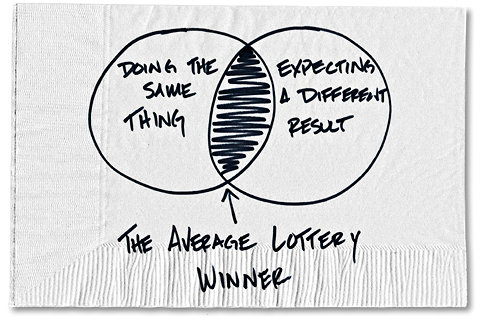A couple of week’s ago, I asked Bucks readers to nominate themselves for a financial tuneup, a day where I would come to their home and help them get through their long list of money-related tasks that have been neglected over the course of the past year.
Nearly 100 people responded, many of whom were in need of much more than a tuneup. This week’s Your Money column focuses on the candidates I ultimately selected: Jennifer and Scott Bartone, a newlywed couple who live in northern New Jersey.
As Mr. Bartone said, he and his wife are financial opposites. Yet they need to reconcile some of those differences if they are going to successfully meet joint goals, like buying a home and potentially starting a family.
So I helped them tackle some big items on their financial to-do list, which included addressing how much credit card debt they actually had, how much they collectively earn and spend, and opening up joint checking and savings accounts.
The fact that they didn’t have a serious talk about money until now was their biggest problem. Ms. Bartone said she avoided the subject because she didn’t want to end up arguing about it, particularly since she had concerns about her husband’s spending. One bit of advice that I didn’t have space to include in the column came from Kristin Harad, a financial planner in San Francisco, who offered a smart solution:
I always recommend that each partner receives a predetermined amount that they direct to a “totally fun” account — one solely for the fulfillment of the individual, spent without judgment or review. The restriction is put on the front end by the amount directed; however, the actual purchase can be whatever the partner desires. This essential simple freedom relieves an unbelievable amount of marital tension.
Have you set aside a day for a financial house cleaning? What sort of tasks are on your agenda?
Article source: http://bucks.blogs.nytimes.com/2013/04/26/your-agenda-for-fiscal-health-day/?partner=rss&emc=rss


